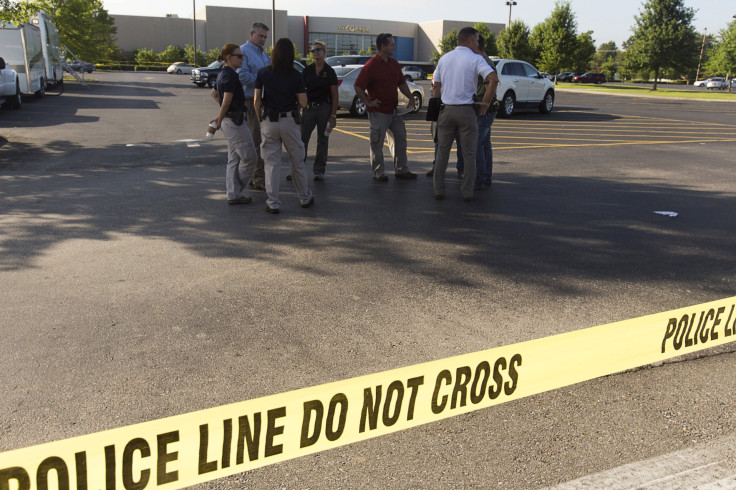How Did Lafayette Shooter John Russell Houser Purchase A Gun With A Known History Of Mental Health Issues?

Advocates of gun control have yet another tragic example to deploy in their calls for an expansion of the federal law mandating background checks of those seeking to buy firearms. The man believed to be responsible for a mass shooting at a movie theater in Lafayette, Louisiana, that left three people dead Thursday legally purchased the gun he wielded while carrying out the act, authorities said.
John Russell Houser, the 59-year-old shooting suspect with a well-documented history of criminal offenses and mental-health issue, purchased a Hi-Point .40-caliber semiautomatic pistol from an Alabama pawn shop in February 2014, Lafayette Police Chief Jim Craig said. The chief’s information came from the U.S. Bureau of Alcohol, Tobacco, Firearms and Explosives, CNN reported.
CNN investigative correspondent Drew Griffin said Houser was cleared to buy the gun because he didn’t have any convictions for serious crimes, despite having faced domestic-violence allegations and other legal issues dating back more than two decades. “He just didn’t show up on any of the instant background checks,” Griffin said.
Houser used the pistol to kill two women at a showing of the comedy film “Trainwreck” before turning it on himself inside the movie theater, authorities said. Nine other people were wounded.
After a mass shooting at a church in Charleston, South Carolina, last month, relatives of the deceased nine victims stood with members of Congress to urge the expansion of background checks that could prevent people like the alleged church shooter Dylann Roof (and Houser) from legally owning weapons.
Lafayette police said they knew Houser as a “drifter” who moved around a lot and had recently lived in a motel in Phenix City, Alabama. Authorities are unclear why the shooting suspect came to Lafayette, about 500 miles from his former residences in Alabama and Georgia.
Houser’s history of mental-health issues -- bipolar disorder and manic depression, according to the New York Times -- prompted officials in Alabama’s Russell County to deny him a concealed-carry permit in 2006. Houser’s wife, who made domestic-violence allegations against her husband, reportedly removed guns from their home because of his mental-health status.
After Houser’s eviction from his home in March 2014, its buyers discovered he had covered the home in purple paint, feces and dead koi fish, according to the shooting suspect’s friends. This action came six years after Houser’s family successfully petitioned a court for a restraining order and had him involuntarily institutionalized because he was “a danger to himself and others,” the Times reported.
© Copyright IBTimes 2024. All rights reserved.






















